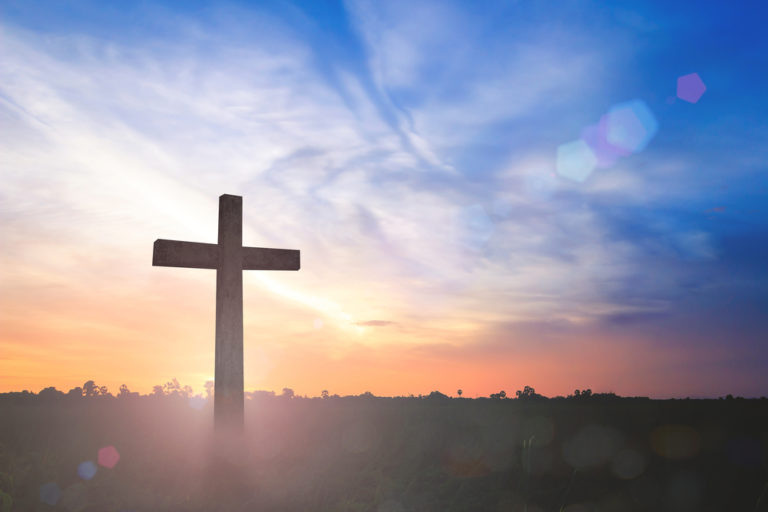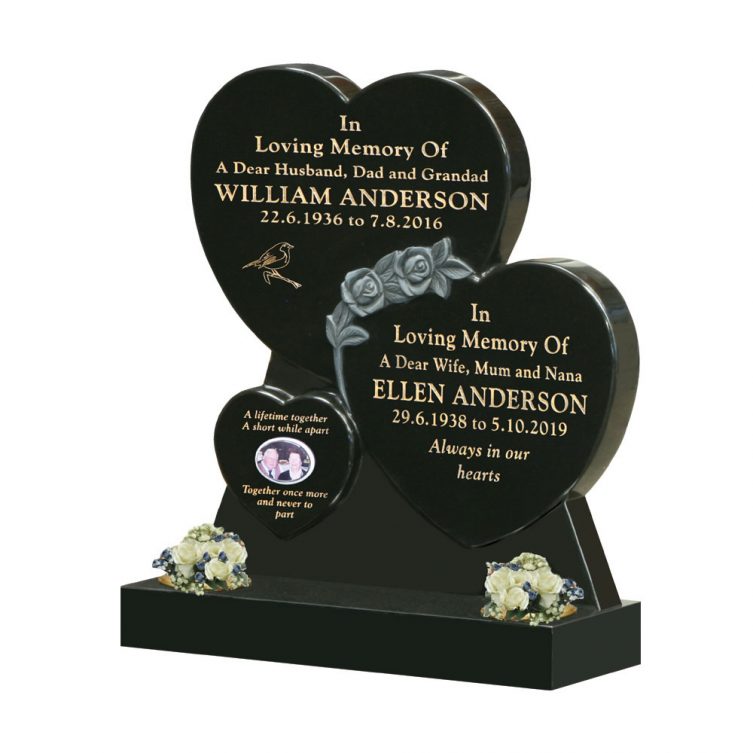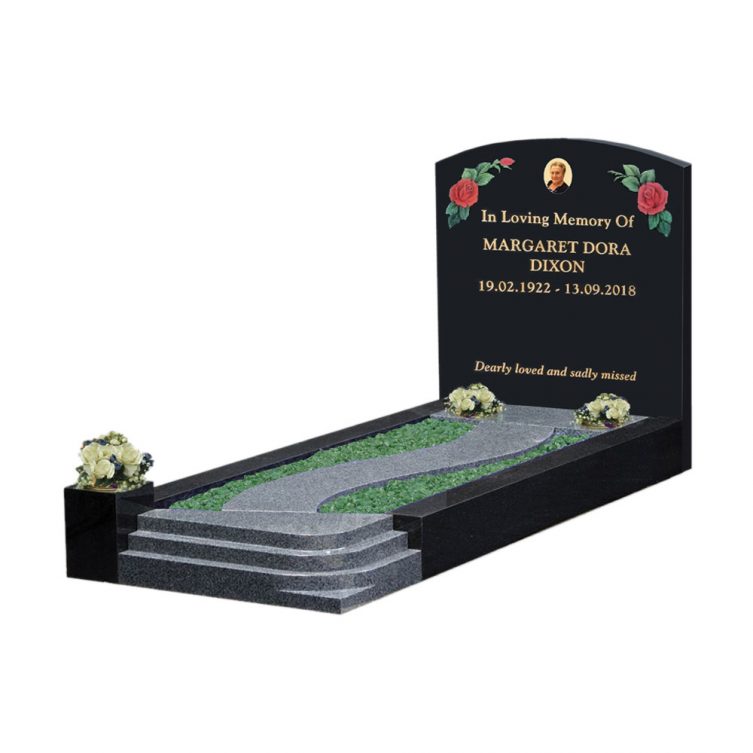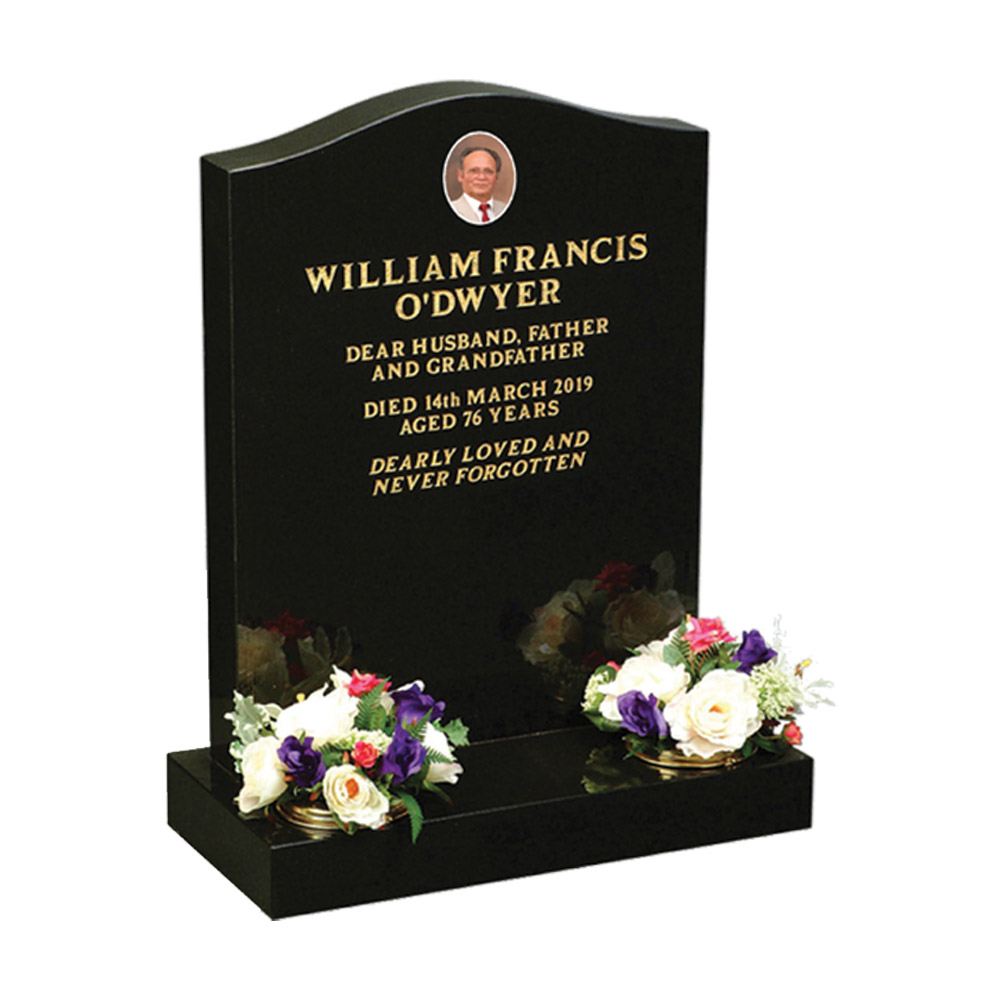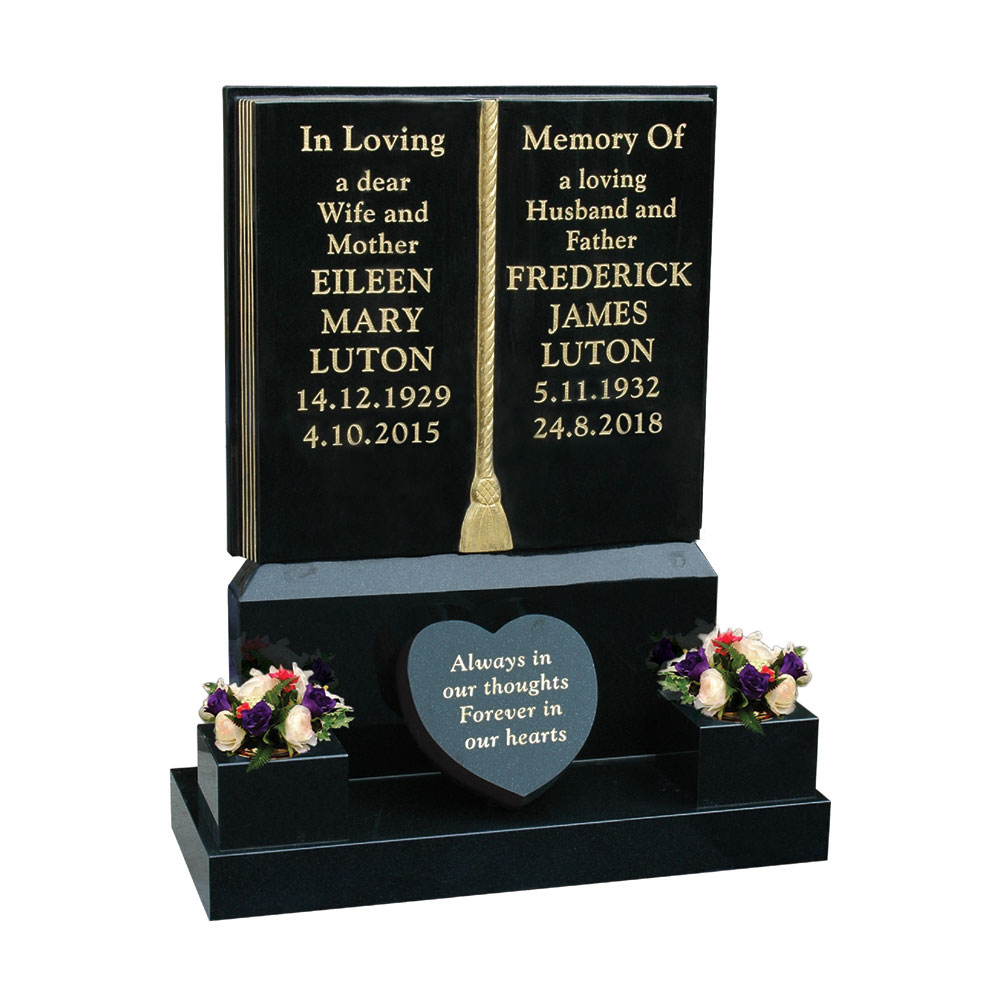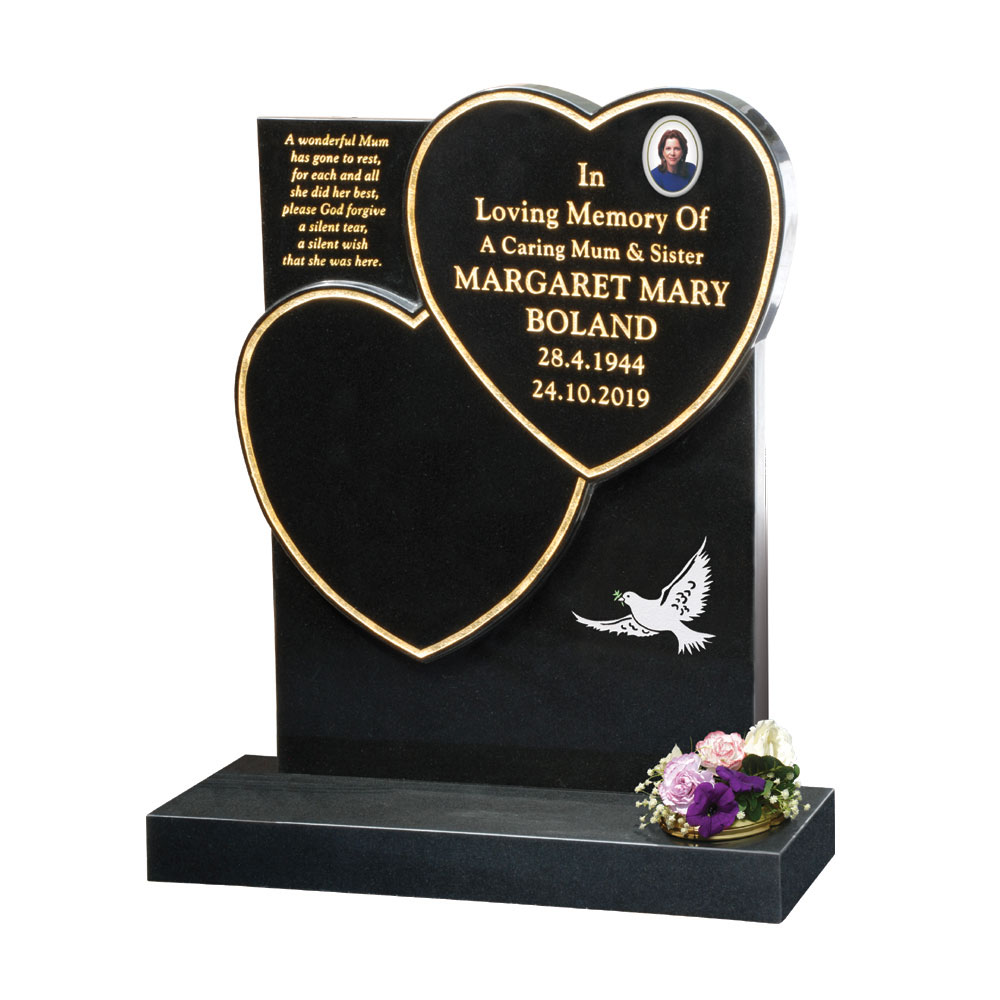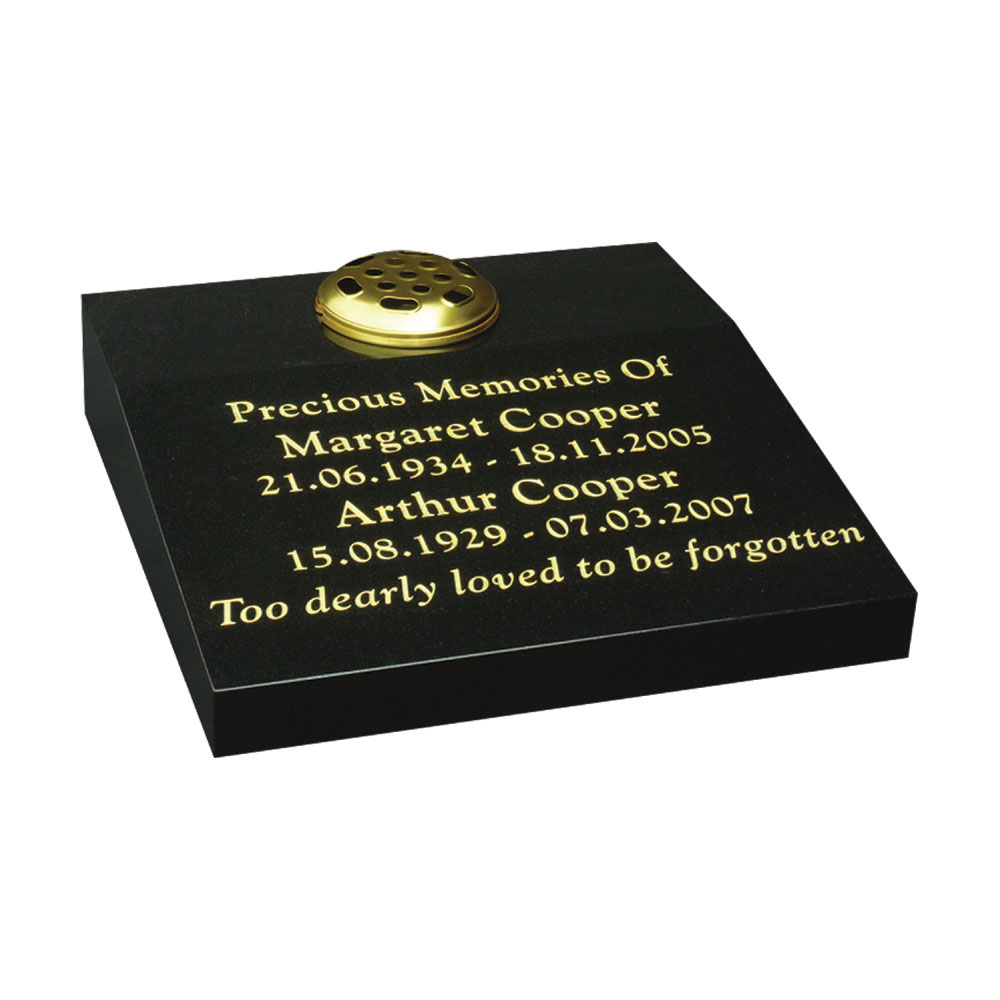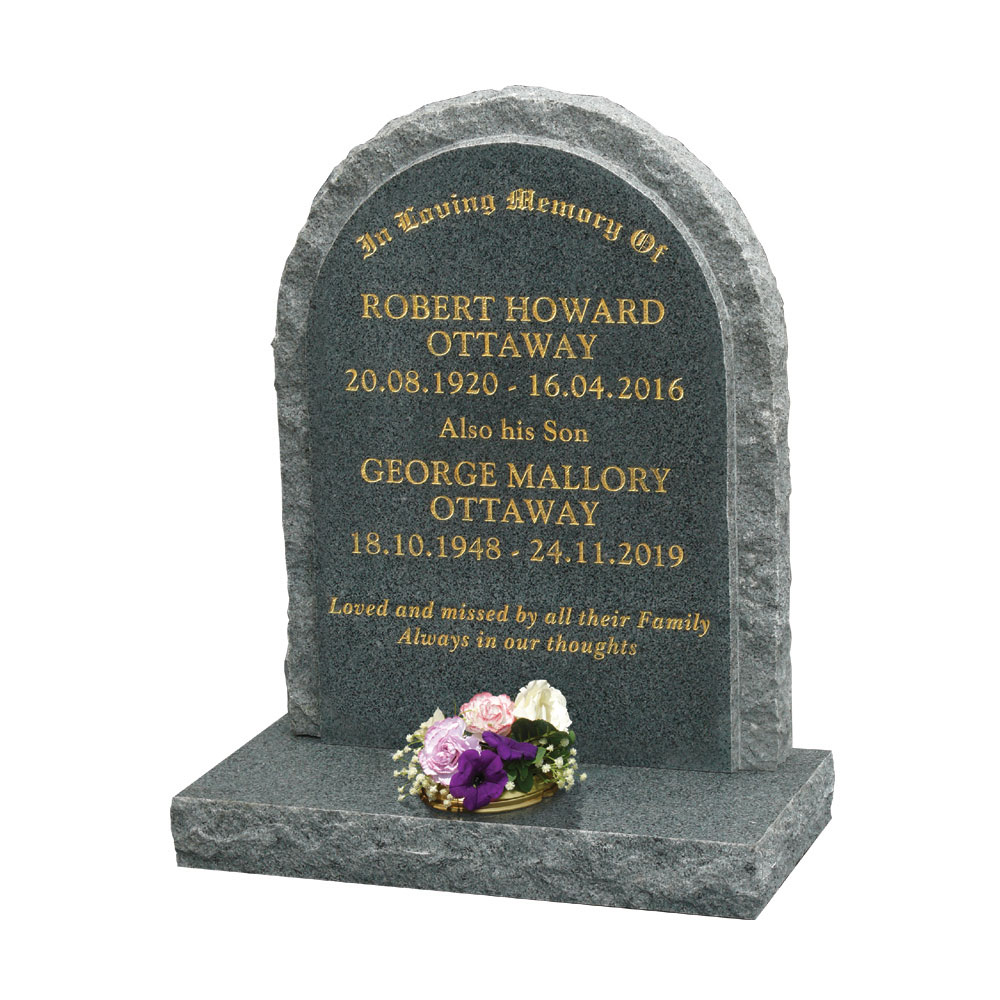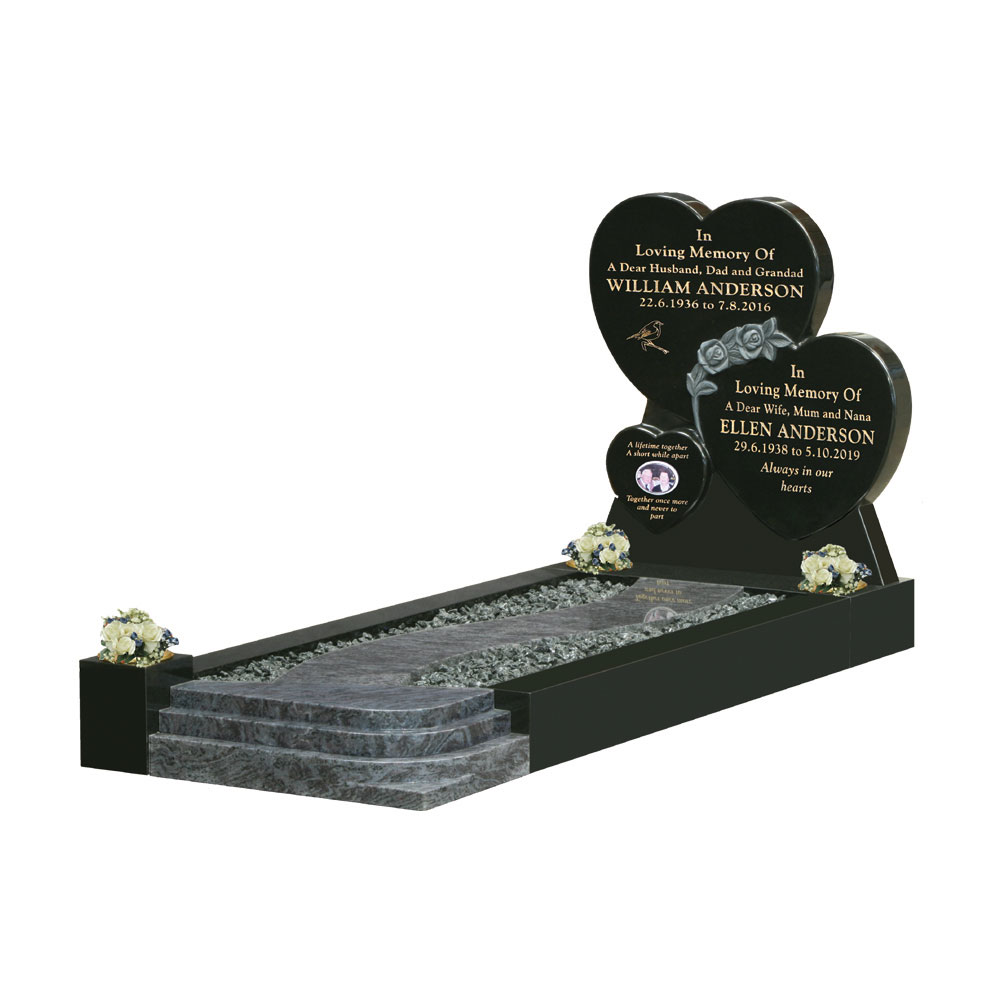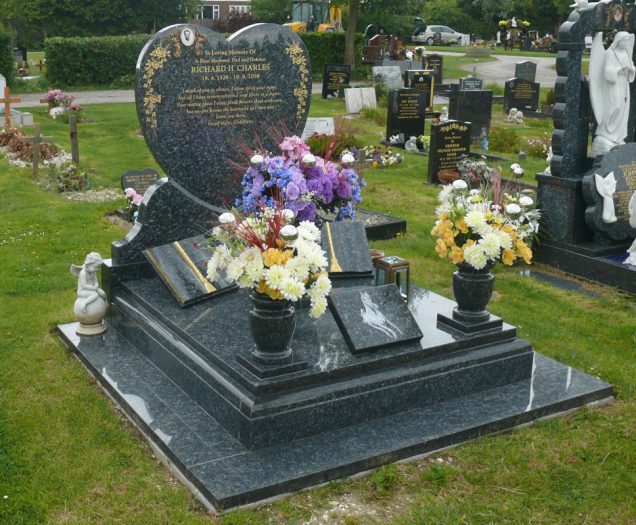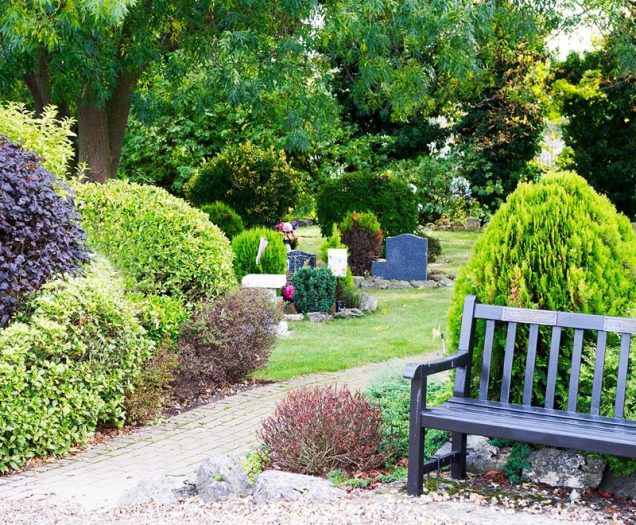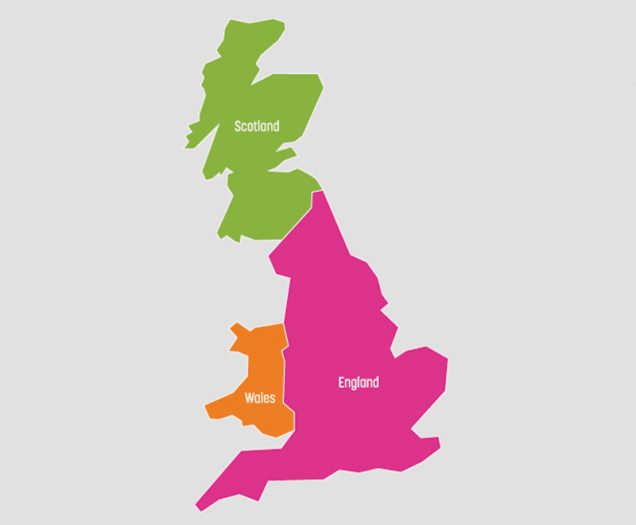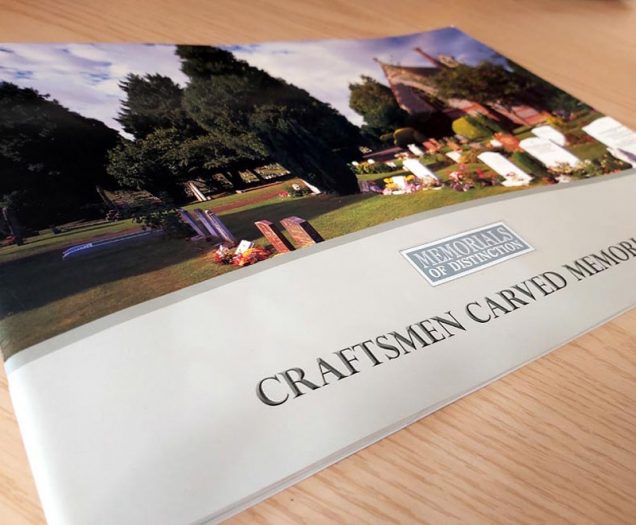Religious Funeral Rituals & Burial Ceremonies: The Ultimate Guide
Planning a funeral for a departed loved one can be an incredibly daunting and emotional prospect, whatever the circumstances of your loss. If they passed away suddenly and without express wishes for their funeral then it may be a particularly difficult process. Choosing the right words and music to encompass a person’s life and pay tribute takes time and careful thought, but if your loved one had a faith then there are certain traditions and structures to consider following.
In this guide, we aim to run through the funeral rituals and burial ceremonies of the major religions of the UK – giving you an indication of what should be included, or what to expect if you are attending a religious funeral for a departed loved one.
Christian funerals
Funerals in the Christian Church of England faith are generally held a week or more after someone has died. They can be held in churches but also in crematorium or cemetery chapels.
Hymns are sung throughout the service, including when the coffin is brought into the church and when it is carried out. These are often favourites of the departed person or ones which are particularly appropriate for a funeral.
The funeral will include certain rites and tends to follow a structure like this:
- Gathering: the priest or celebrant opens the service by reading from John 11:25, “I am the resurrection and the life”. This may happen as the coffin is carried into the church.
- Bible readings: Psalm 23 (“The Lord is my Shepherd”) is often used, however other passages from the scriptures may also be chosen.
- Eulogy: the priest will often speak on behalf of the family about the person who has died. At this point readings or speeches may also be given by members of the family.
- Prayers: providing a period of sombre quiet, these place a focus upon thanksgiving and reflection.
- Commendation: the priest reads a prayer – “Let us commend (name) to the mercy of God, our maker and redeemer” and leads the procession out of the church.
Christian burial
Reflecting the Christian beliefs around burial, certain words are read by the priest as the coffin is lowered into the grave. “Earth to earth, ashes to ashes, dust to dust, in the sure and certain hope of the Resurrection to eternal life”.
This part is known as the committal and usually takes place with a small, separate gathering of family and close loved ones after the service has finished. It can also take place as the curtains are closed within the chapel during a funeral involving cremation.
How long is a Christian funeral?
Generally a Christian funeral service lasts for between 30 and 45 minutes. The committal at the graveside tends to be much shorter but can last for up to 20 minutes.
Muslim funerals
Funerals in Islam almost always take place within 24 hours of a person’s death, due to the Muslim tradition of burying people within this timeframe. They may be held in the main space inside a mosque, but not always – they may take place in a separate area such as a prayer room or courtyard. The most important element is that the ceremony is held facing towards Mecca. Non-Muslim attendees are welcomed and encouraged to listen respectfully.
The emphasis of the Muslim funeral service is upon rites, chanting, solemn prayer and silent reflection – there is not usually a eulogy and it is unlikely that music will be used.
According to Islamic customs, there are several types of prayers to Allah (God) said at a Muslim funeral, as well as readings from the Qur’an:
- Family and friends say the funeral prayer to themselves, lead by the Imam (the Islamic priest)
- The Imam prays facing towards Mecca and away from the mourners
- The five prayers said daily by Muslims are often used, but delivered standing rather than bowing as is done normally
Muslim burials
Cremation is not allowed in the Islamic tradition, so burial is customary. Graves are dug to face Mecca and the body is also placed this way.
During a burial ceremony, usually only men are allowed to attend. Each mourner attending throws three handfuls of dirt into the grave. Traditional prayers and chants may also be used at this time.
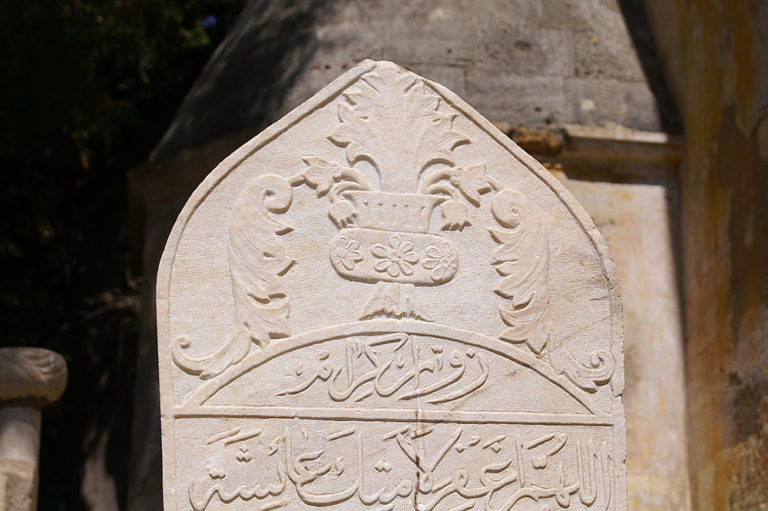
Gravestone with arabic lettering
How long is a Muslim funeral?
Muslim funerals usually last between 30 and 60 minutes, although they can sometimes be longer.
Hindu funerals
Hindus believe that although the physical body may die, the soul has no beginning and no end. Therefore the traditional Hindu funeral places an emphasis on belief in reincarnation.
A Hindu priest officiates over proceedings, although in some Hindu traditions this role is taken by the eldest son during some parts of the funeral. The traditional Hindu funeral process is comprised of three parts:
- The main funeral often takes place within the home of the departed person, meaning that it bears certain similarities to what other religions may call a “wake”. At this event, an open casket is displayed. The ceremony often takes the form of chants and mantras which are written specifically for funerals. Non-Hindus are welcomed to the ceremony and encouraged to participate in the chanting if they so wish.
Hindu cremations
- The “mukhagni” is the second part of a funeral and refers to the cremation ceremony. Cremation is preferred to burial in the Hindu faith. This part is attended by Hindus only and, in some Hindu traditions, men only. Flowers are placed around the body and the “last food” is offered. Usually cremation takes place within one or two days of death.
- The “shraddha” takes place 10 days after death and marks the end of the mourning period. It is usually only attended by those who have been specifically invited.
How long is a Hindu funeral?
The full funeral and mourning ritual in the Hindu faith takes over 10 days. There is no set time the ceremonies should last for – however, the first two parts of the funeral can be expected to be completed within 24 hours of the person passing away.
Jewish funerals
Funerals in the Jewish faith are usually held at a synagogue, at home or at the graveside. They generally take place within 24 hours of a person passing away. However, certain traditions around funerals vary between different types of Judaism.
According to tradition, the funeral is led by the rabbi and consists of a eulogy, prayers, psalms and hymns. Many prayers are followed by the refrain of “Amen”, which non-Jewish attendees are welcome to join in with. The funeral service tends to be relatively short in length and is followed immediately by the burial or cremation ceremony which is attended by all mourners, who proceed immediately from the funeral following the hearse.
Jewish burials
Cremation is permitted in some forms of Judaism but not others, meaning that traditional burial is still very common. At the burial site, the rabbi leads the congregation in reciting a hymn. Once the coffin is lowered into the ground, members of the departed person’s family pour a handful of earth onto it.
Mourners tend to line up in two rows for the burial, with family members at the front. The burial tends to be followed by a reception at the synagogue or family home.
How long is a Jewish funeral?
The funeral service in the Jewish faith rarely exceeds one hour and can sometimes be as short as 15 minutes.
Sikh funerals
Funerals in the Sikh tradition tend not to focus on pain or grief but upon a celebration of life. Sikhs believe that life, and by extension death, is an opportunity for the soul to unite with Waheguru (God), and the funeral is the culmination of this process – known as “the last rite of passage”.
Sikh funerals do not follow a single format but tend to be focused around the cremation. Sometimes, as well as the cremation ceremony itself, there is a service at the departed person’s home before the cremation, and another one afterwards at the gurdwara (temple). Other times, there will simply be a cremation with a few prayers.
Whatever the format and length, there are certain rites such as prayers that will always be recited. Non-Sikhs attending are not expected to participate – simply to stay silent and respectful, and to sit and stand according to what other mourners do.
Sikh cremations
In Sikhism, cremation is hugely preferable to burial. Throughout the cremation and any other funeral services that may precede or follow it, the name of Waheguru is repeated by the congregation.
Ashes are usually buried in the earth, scattered or placed in a body of flowing water. Sikhs do not place stones or memorials to mark the resting place of a loved one.
How long is a Sikh funeral?
The length of a Sikh funeral can vary, but it tends to fall between 30 and 60 minutes. Following a funeral, the family reads out the entire Sikh scripture over a number of days.
Buddhist funerals
Buddhist traditions vary significantly throughout the world, so there is no one way for Buddhist funerals to be held. However, they tend to be relatively simple occasions held within either a monastery or the family home. Often, there is an open coffin at the service.
The funeral service itself is a quiet and reflective time. Mourners will present flowers at an altar, which is decorated with an image of the departed person as well as an image of Buddha, candles, flowers, fruits and incense. Following this, members of the Buddhist community such as monks deliver eulogies or read sermons.
Rites commonly include chants – during which non-Buddhists remain silent – and prayers, and non-religious elements can be incorporated into a Buddhist ceremony if they do not conflict with the beliefs of Buddhism.
Buddhist cremations
Because Buddha is believed to have been cremated, most Buddhist funerals involve cremation as opposed to burial. Although this cannot take place on an open-air pyre under UK law, many crematoriums can take Buddhist traditions into account when performing a cremation. Following this, the ashes are scattered or taken home in an urn.
Depending upon the specific beliefs of the family, some Buddhist funerals may be followed by a reception – but only close family tend to attend the cremation itself.
How long is a Buddhist funeral?
Due to the variation in what services take place, there is no particular length to a Buddhist funeral but they can often last up to two hours. Mourners may come and go throughout.
TESTIMONIALS
Everyone at Memorials of Distinction have been so professional, caring and excellent from start to finish with providing me a wonderful memorial to my dad. They listened to my requirements, kept me up to date with the progress and the memorial produced was perfect. I would happily recommend Memorials of Distinction to anyone and so very pleased I chose them. They so deserve the 5 star rating.
Frances H. Google Review: 28/04/2022
What a lovely service they provide. Friendly staff on the phone and the stone was perfect. Thank you so much.
I cannot recommend them enough.
Josephine P. Google Review: 05/11/2020
I went to see Mum’s memorial, wow oh wow, what an incredible job, it is beautiful, just like my precious Mum. I broke down in tears as it was so amazing, the attention to detail is 100% first class. In this day and age it is hard to find companies in any trade, who have compassion and cares about the end product for their customer. This company certainly does. Natalie who visited me at home, and guided me through the whole process from start to finish is a pure credit to your company.
Karen M. Google Review: 14/07/2020
